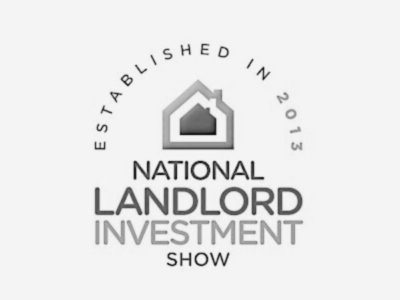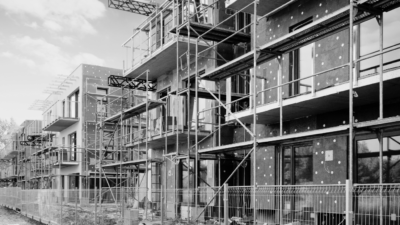A new joint study by the Quality of Life Foundation and CityFibre, the UK’s largest independent Full Fibre platform, has revealed the growing importance of online connectivity to the nation’s overall quality of life.
The study has also highlighted that the reliability and speed of your connection can vary significantly if you are a homeowner or a renter, demonstrating the need to ensure that nobody is left behind in the nationwide rollout of Full Fibre broadband.
Following a year of Covid restrictions, the new figures reveal the extent to which we now rely on connectivity as a central part of our everyday lives.
Just 1% of people now say that the internet isn’t important at all to their lives, with 42% saying that the internet is now so important that their lives would be impossible without it – up more than a third from pre-pandemic levels.
However, the new research identified an underlying trend showing people are more likely to be satisfied with their connection if they are a homeowner compared to a renter.
Renters were nearly twice as likely to describe their connection as only average or unreliable than those who own their own home.
This has had a significant impact on the nation’s ability to cope during the lockdown as homeowners found it a fifth (21%) easier than renters to perform tasks such as home working or online schooling.
The increased reliance on connectivity during the pandemic has put intense strain on the UK’s legacy networks, with 69% of people, homeowners and renters, saying they have experienced interruptions, such as service dropouts, in the past year.
Whilst the vast majority (87%) of people believe that improvements to the speed and reliability of their connection would improve their quality of life.
The overall experience of people relying on their connection over the past year has led to the nation giving its ageing legacy networks a slightly above average 6/10 rating when asked how easy it has been to perform tasks like home-schooling or working while in lockdown at home.
Commenting on the findings of the survey, Greg Mesch, Chief Executive Officer at CityFibre, said:
“Lockdown has put pressure on every part of our lives, and the digital infrastructure supporting this country is no different.”
“Slow and unreliable copper-based networks are no longer fit for purpose.”
“The nation’s upgrade to fast and reliable Full Fibre connectivity can’t come soon enough.”
“What this research highlights is that those in rented or social accommodation are often worst affected by poor quality connectivity.”
“Often the biggest challenge to address this is securing permissions from landlords to install new Full Fibre networks. Industry, landlords, and the Government must redouble efforts to overcome this barrier quickly to ensure that no one is left behind.”
Matthew Morgan, Co-Director of the Quality of Life Foundation, said:
“The lockdown has amplified how dependent we all are on digital infrastructure for our quality of life.”
“From connecting to friends and family to home schooling or home working, the ability to access fast, reliable broadband has a clear effect on our social and psychological wellbeing.”
“But what this research demonstrates is that our access to broadband is unequal – not just in an urban or rural context, which is well-known – but across different types of housing.”
“Once again, it is renters, already disproportionately affected by Covid, who feel the detrimental effects of poor broadband most keenly.”
“Going forward, we will be talking with developers, local authorities and housing associations so we ensure that housing of every tenure is equipped with fast broadband, improving connectivity for those people who are currently losing out.”
To tackle the country’s need for better connectivity in both home and mobile connections, across the UK CityFibre has identified 285 locations that are set to benefit from a Full Fibre rollout, as part of its £4 billion nationwide investment programme to reach at least 8m premises by 2025.
Full fibre networks, unlike many of the copper-based ‘fibre broadband’ services available today, use 100% fibre optic cables to carry data at light speed all the way from the home to the point of connection.
This gives people speeds of up to 1,000 Mbps for upload and download, providing near limitless bandwidth and connectivity.

























Comments